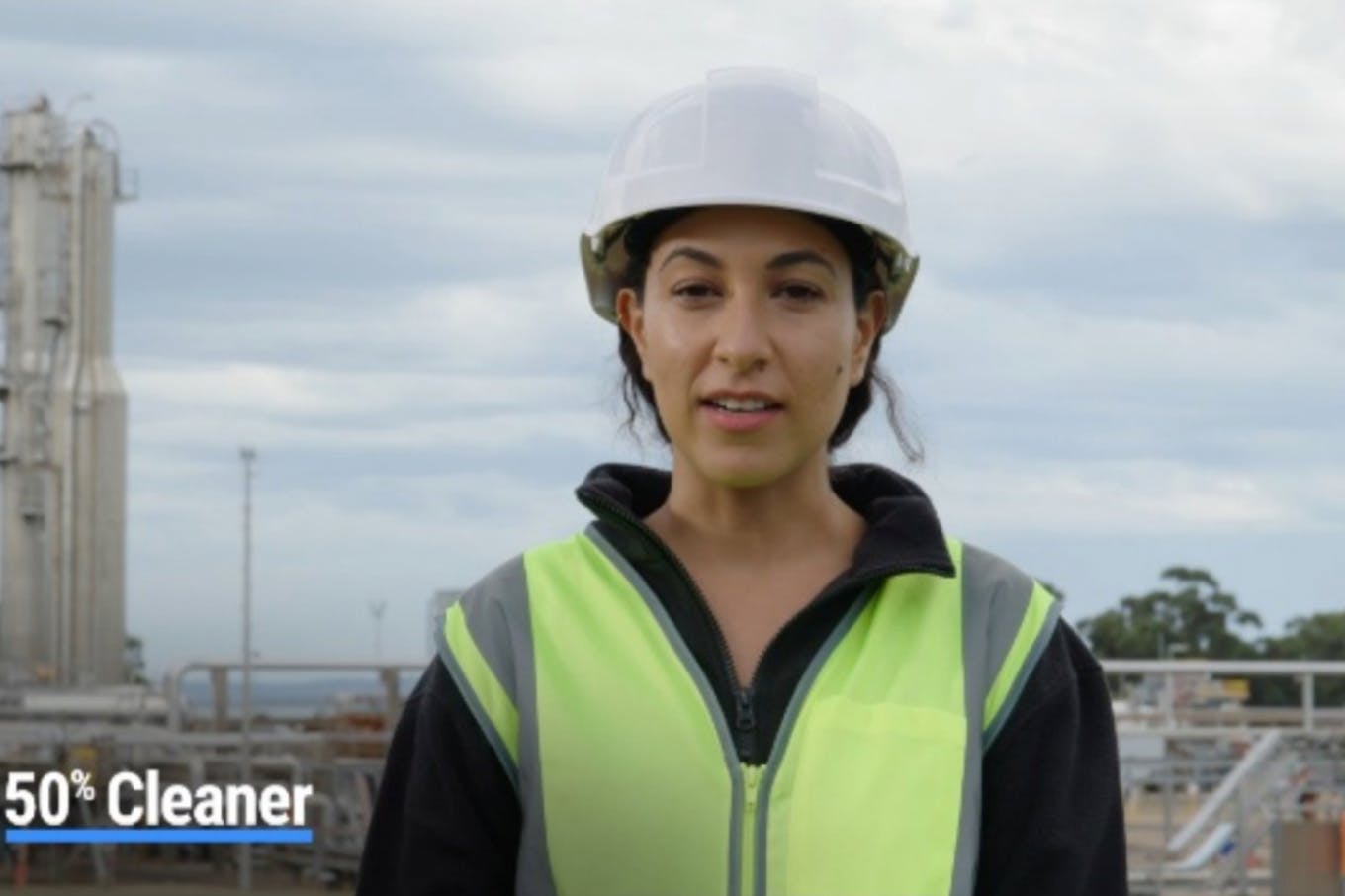The trade association for the public relations industry has launched a set of guidelines for Asian businesses to avoid greenwashing in their communications, as the prospect of regulation looms for brands making spurious sustainability claims about their products and services.
The Asia chapter of the Public Relations and Communications Association (PRCA), a global trade body that works to raise standards in corporate communications, launched the Guidelines on Environmental Sustainability Claims on Tuesday, with five key principles for brands to follow – from sticking to science-based statements to avoiding cherry-picking data that portrays a brand as greener than it really is.
Sustainability knowhow is generally low among public relations practioners in the region, and the guidelines should help PR firms avoid “greenwashing backlash” with rules of engagement for how to mitigate reputational risk, said Pamela Low, founder of Singapore-based sustainability consultancy Tingkats, and one of the contributors to the guide.
To continue reading, just sign up – it’s free!
- Get the latest news, jobs, events and more with our Weekly Newsletter delivered to you free.
- Access the largest repository of news and views on sustainability topics.
- You can publish your jobs, events, press releases and research reports here too!
Newsletter subscribers do not necessarily have a website account. Please sign up for free to continue reading!
Brands have almost unfettered freedom to make exaggerated sustainability claims in their marketing communications across most of the region, but regulation that polices greenwashing is on the horizon, Low said.
5 principles for environmental sustainability communications
1: Make accurate, science-backed statements
Avoid statements or visual treatments likely to mislead audiences about the environmental aspects or advantages of products, or about actions taken by a company. Environmental information must not state or imply claims that are factually incorrect, nor should they overstate or exaggerate sustainability or positive environmental impact.
2: Be specific about terminology used
General environmental claims should either be qualified or avoided. Claims such as “environmentally friendly,” “ecologically safe,” “green,” “sustainable,” “carbon friendly”, “science-based” or any other claim implying that a product or activity has no impact or only a positive impact, should come with a high standard of proof.
3: Consider context
Share information about environmental progress in the context of the whole company or the whole life cycle of the product. Communications that refer to specific products or activities should not imply, without appropriate substantiation, that they extend to the whole performance of a company, group or industry. It should be clear to what the claim relates, e.g. the product, a specific ingredient of the product, or its packaging or a specific ingredient of the packaging. Where time or space is limited, use alternative means to make qualifying information readily accessible.
4: Show incremental impact when making claims or comparisons
A pre-existing but previously undisclosed aspect should not be presented as new. Claims should be up to date and reassessed with regard to relevant developments. As long as there are no definitive, generally accepted methods for measuring sustainability or confirming its accomplishment, no claim to have achieved it should be made.
Any comparative claim should be specific and the basis for the comparison should be clear. Claims should not be based on the absence of a component, ingredient, feature or impact that has never been associated with the product category concerned. Conversely, generic features or ingredients common to all or most products in the category should not be presented as if they were unique or remarkable. Environmental superiority over competitors should be claimed only when a significant advantage can be shown.
5: Craft impactful communications that do not omit or hide
Craft communications that balance the potentially positive as well as negative environmental aspects of a brand. This is especially important if a claim relates only to a relatively minor aspect of a product or activities. Cherry-picking information or spotlighting a certain segment of a business misleads audiences to think that a brand as a whole is greener than it really is.
Source: Guidelines on Environmental Sustainability Claims
Jurisdictions such as Singapore and Japan have started to tighten the rules on sustainability claims in finance and South Korea became the first Asian country to introduce fines for greenwashing earlier this year, although the fines are small (a maximum of US$2,300).
The European Union moved to clamp down on greenwashing in September by outlawing generic and misleading environmental claims and banning advertising for products that contain a design feature that limits a product’s durability, and Asia is likely to take regulatory cues from Europe, Law said.
However, awareness of what greenwashing is and why it is a problem is still low in much of Asia, which is reflected in the number of complaints made to Singapore’s advertising watchdog for greenwashing, Low noted.
Earlier this year, Singapore’s Minister of State for Trade and Industry said that there had been no cases of greenwashing reported to the Competition and Consumer Commission of Singapore (CCCS) or Consumer Association of Singapore (CASE).
“It’s a systemic issue. If people don’t know what greenwashing is and don’t really care about sustainability – which in Singapore people generally don’t – then we’re not really going to see much change in the way that organisations communicate sustainability,” Low said.
One problem that can lead to greenwashing is that PR firms do not feel they have the leverage to push back against their clients, and have been hired after a company has decided on the nature of the product and how to promote it, Low noted.
The PRCA’s guidelines provide Asian PR firms with a resource to better advise their clients on how to communicate sustainability to land the right messages, as well as steer them clear of potentially greenwashing messaging, she said.
“PR firms have a duty to not only tell their clients how sustainability messaging can be done right, but also tell them what could go wrong,” said Low.
The guidelines aim to help communicators contextualise environmental claims while keeping broader sustainability ambitions in mind. “Environmental claims of any nature must be framed with the fundamental concept of sustainability in mind: Nature’s resources are finite and they must be used without compromising the needs of future generations,” it reads.
Falling foul of the five principles
Recent examples of brands that have flouted the five principles outlined in PRCA’s guidelines (listed, left) include a European airline which was convicted in September of misleading consumers into thinking they’d be taking “carbon-free” flights. Austrian Airlines could not claim that its use of sustainable aviation fuels produced no carbon pollution, and so contradicted the second principle of sound environmental sustainability communications – be specific about the terminology used, backed up with solid evidence.
In August, Indonesia’s palm oil lobby broke two principles of responsible sustainability communications – number 1, make accurate science-based statements and number 5, do not omit or hide facts when doing so – when it claimed at an event in Jakarta that palm oil plantations are more powerful carbon sinks than the tropical forests they have replaced.

An advertisement for Australian Petroleum Production & Exploration Association (APPEA) was banned because Australia’s advertising watchdog determined that the claim that natural gas is ‘50 per cent cleaner’ was not substantiated. Image: APPEA
Numerous governments and companies around the region have been spuriously positioning natural gas as a “green” transition fuel of late. Australia’s petroleum producers lobby fell foul of the country’s advertising watchdog in July for claiming that natural gas is “50 per cent cleaner” without specifying what it was cleaner than. The campaign fell foul of principle number 4 of the guidelines – that the basis of comparisons should be clear.
The guidelines were written by PRCA’s sustainability working group, which includes Janissa Ng, a consultant at Spurwing Communications, Marta Bigio, head of PR firm Weber Shandwick’s sustainability practice, and Kavickumar Muruganathan, sustainability and policy lead at Microsoft Asia Pacific.

















